 There are certain documents that every adult should have. These are documents that will help you to put your affairs in order so that you can live a better life, plan for your future, and let others know what you want in case you become incapacitated or pass away.
There are certain documents that every adult should have. These are documents that will help you to put your affairs in order so that you can live a better life, plan for your future, and let others know what you want in case you become incapacitated or pass away.
Here are the 15 documents that every adult should have:
1. A Personal Manifesto. A personal manifesto is a declaration of your core values and beliefs, what you stand for, and how you intend to live your life. It functions both as a statement of principles and as a call to action. Here are detailed instructions for writing one: How to Write a Personal Manifesto.
2. A Resume. A resume captures your career experience and highlights your accomplishments and achievements. You need to have an up-to-date resume, even if you have a job. Why?
- You could be asked for your resume for a speaking engagement;
- A head hunter might contact you out of the blue;
- A better career opportunity could materialize; or
- You could lose your job unexpectedly.
In all of these scenarios, it pays to be prepared.
3. A Career Plan. A career plan lays out the steps that you plan to take during your work life in order to have the greatest impact in your field and achieve your monetary and career goals. It can be very simple or very detailed.
At the very least it should include a list of your skills, interests, and abilities; your career goals; the specific skills, training, and experience that you’ll need to achieve each of your career goals; and a plan for acquiring any skills or experience you don’t currently have.
4. A Personal Income Statement. Creating a personal income statement will help you to determine exactly how much money you have coming in and going out each month. The first step is to determine your monthly income.
Begin by determining the amount of money that you’re fairly certain will come in from your job, including salary, commissions, bonuses, and so on. Then, add any other money you’re expecting. Here are some examples:
- Money from a second job.
- Money from freelance work.
- Interest income.
- Dividend income.
- Rental income.
Once you have your monthly income, determine your total monthly expenses — how much you spend each month on taxes, food, your car loan, insurance, and so on.
The last step is to calculate your monthly net income. To do this, subtract total expenses from total income for each month. If the resulting number is negative, it means that you’re spending more money than you have coming in.
Knowing where you stand can help you get to where you want to be.
5. A Balance Sheet. A balance sheet is a snapshot of what you have and what you owe. Begin by determining your assets. Here are some examples:
- How much cash you have on hand.
- How much you have in any checking accounts.
- How much you have in any savings accounts.
- How much you have in bonds, mutual funds, stocks, and other investments.
- How much you have in any pension plans.
- How much you have in real estate.
- How much your personal property is worth (resale value).
Once you’ve totaled up your assets, determine your liabilities. Here are some examples:
- How much credit card debt you have.
- How much your loan debt is.
- How much your mortgage debt is.
Total up your liabilities. The last step is to subtract your liabilities from your assets, and that gives you your net worth.
6. Your Credit Report. Your credit report contains information your current creditors and potential future lenders review to make decisions about your creditworthiness. You should get copies of your credit report yearly to make sure that the information it contains is correct, and to take steps to fix your credit in case you’ve gone off track.
7. A Retirement Plan. A retirement plan is a savings and investment plan that provides income for when you retire. When do you plan to retire? How much money will you need for your retirement? Where will that money come from? All of these questions should be answered in your retirement plan.
8. A Bucket List. A bucket list is a list of things you want to do in life, or a list of life goals, dreams, and wishes. Your bucket list should include goals for every life area, including travel, adventures, finances, relationships, contributions, spirituality, hobbies, education, and so on. Of course, in addition to creating a bucket list you should create a plan for achieving it.
9. A Living Will. A living will expresses your preferences about medical treatment in case you’re unable to communicate with your doctors or family. For example, you can decide that you don’t want extraordinary means to be taken in order to keep you alive, or that you want your life prolonged by any means necessary.
10. A Health Care Proxy. A health care proxy gives someone else the power to make health care decisions for you if you become incapacitated.
11. A Will. A last will and testament is a legal document that dictates what happens to your estate once you pass away. Having one ensures that your assets will be distributed according to your wishes when you die. You should get this done as soon as possible since the reality is that you never know when you’re going to need it.
12. A Letter of Instruction. A letter of instruction indicates where important documents are kept, such as insurance policies, saving accounts, loans, leases, and any other significant information. You should keep it next to your will.
13. A Durable Power of Attorney. A Durable Power of Attorney gives someone of your choosing the power to make legal and financial decisions for you should you be unable to act on your own behalf.
14. A Funeral Directive. A funeral directive details your wishes for your final arrangements. The purpose of this document is to make sure that your end-of-life decisions are followed. Some of the things which should be included in your funeral directive are the following:
- Whether you want to be buried or cremated;
- The type of casket that you want;
- Were you want to be interred;
- Who you want your pallbearers to be;
- Some of the things that you want to be included in your eulogy; and so on.
15. An Ethical Will. An ethical will is also known as a legacy letter. It’s a way to share your values, the life lessons you’ve learned, as well as the hopes and wishes that you have for those you love. It can also be used to pass down family history to the next generations.
Conclusion
Start preparing the documents listed above as soon as possible. Some will help you to live a better life, and others will help you to leave your affairs in order should you die. Be prepared for both life and death.


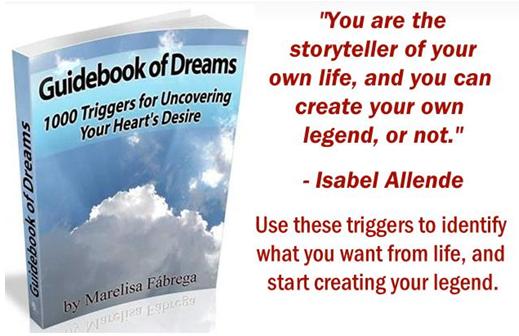
Related Posts:
- 17 Ideas For Your Fitness Bucket List
- 2000 Ideas For Your Travel Bucket List
- 30 Ideas For Your 2014 Bucket List
- 500 Ideas For Your Summer Bucket List
Did you enjoy this article? Subscribe to “Daring to Live Fully” by RSS or by email, and get free updates.

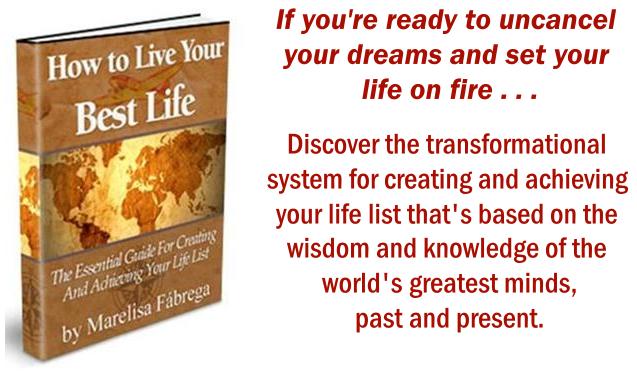
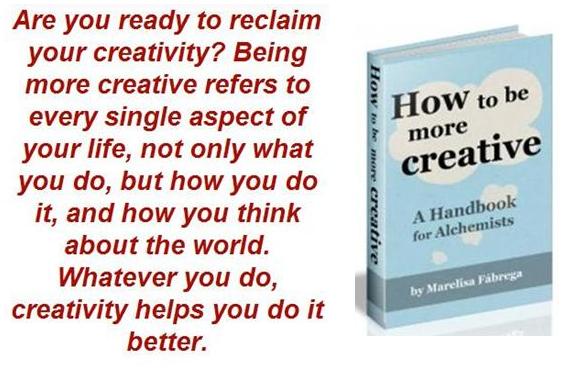
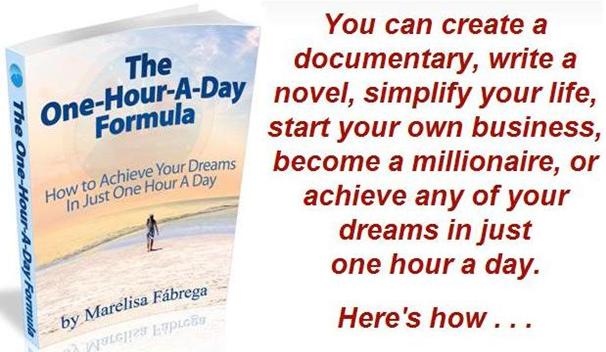
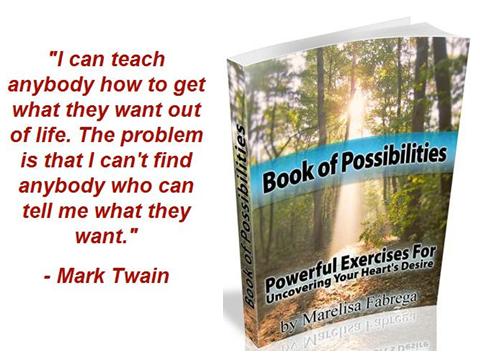


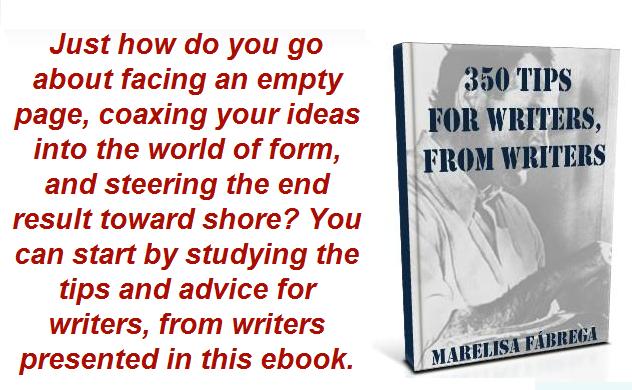
 Marelisa Fabrega is a lawyer and entrepreneur. She holds a Bachelor of Science in Business Administration from Georgetown University in Washington, D.C., as well as a Juris Doctor from the Georgetown University Law Center. You can learn more about her
Marelisa Fabrega is a lawyer and entrepreneur. She holds a Bachelor of Science in Business Administration from Georgetown University in Washington, D.C., as well as a Juris Doctor from the Georgetown University Law Center. You can learn more about her 






Comments on this entry are closed.
Great list!